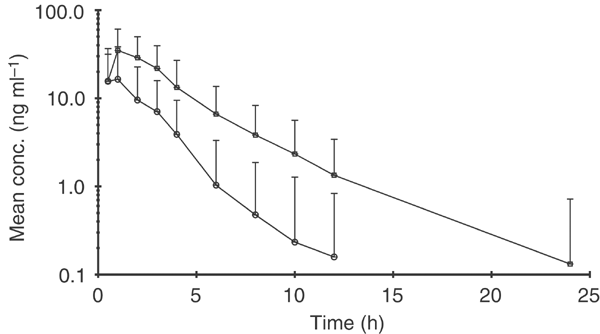- Select a language for the TTS:
- UK English Female
- UK English Male
- US English Female
- US English Male
- Australian Female
- Australian Male
- Language selected: (auto detect) - EN
Play all audios:
ABSTRACT FLUCTUATION in the yield from year to year, from month to month, and even from day to day, is one of the outstanding and disconcerting characteristics of all herring fisheries. For
thirteen seasons, 1921–1933 inclusive, careful records have been kept of the amount of herrings landed daily at Yarmouth and Lowestoft during the late autumn (October-November) fishery off
the East Anglian coast. These figures of daily landings have now been submitted to detailed analysis by the scientific staff of the Ministry of Agriculture and Fisheries, Lowestoft, who find
that they reveal a definite monthly rhythm in the catches, the maxima coinciding with the period of full moon. Access through your institution Buy or subscribe This is a preview of
subscription content, access via your institution ACCESS OPTIONS Access through your institution Subscribe to this journal Receive 51 print issues and online access $199.00 per year only
$3.90 per issue Learn more Buy this article * Purchase on SpringerLink * Instant access to full article PDF Buy now Prices may be subject to local taxes which are calculated during checkout
ADDITIONAL ACCESS OPTIONS: * Log in * Learn about institutional subscriptions * Read our FAQs * Contact customer support Authors * G. A. S. View author publications You can also search for
this author inPubMed Google Scholar RIGHTS AND PERMISSIONS Reprints and permissions ABOUT THIS ARTICLE CITE THIS ARTICLE S., G. Lunar Influence on the East Anglian Herring Fishery. _Nature_
135, 157–158 (1935). https://doi.org/10.1038/135157a0 Download citation * Issue Date: 26 January 1935 * DOI: https://doi.org/10.1038/135157a0 SHARE THIS ARTICLE Anyone you share the
following link with will be able to read this content: Get shareable link Sorry, a shareable link is not currently available for this article. Copy to clipboard Provided by the Springer
Nature SharedIt content-sharing initiative










